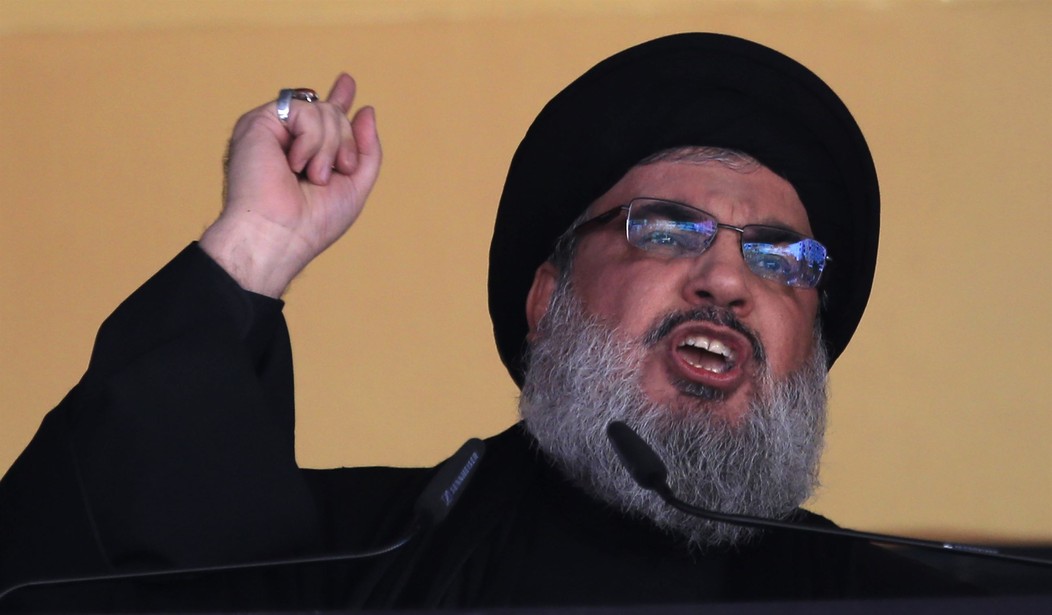Hezbollah Secretary General Hassan Nasrallah, who was killed at his headquarters in a massive Israeli airstrike on Friday, took over the leadership of Hezbollah in 1992 after Hezbollah's original leader, Abbas Musawi, was killed in an Israeli raid. He immediately set out to make Hezbollah ("Party of God) a major player in the Middle East.
Nasrallah began by courting the Shiites in Iran. A Shiite cleric, he was able to convince the Iranian leadership to invest in his organization. He had an idea to create a two-track path to power: a military wing to intimidate opponents and a political wing to gain the support of the masses.
Hezbollah was on the front lines of the resistance to Israel's occupation of Lebanon and took full advantage of Israel's withdrawal from Lebanon in 2000. Nasrallah claimed credit for forcing Israel to withdraw and using mass media, was able to spread his message to most of the Arab world where he became an icon of resistance to Israel.
In 2006, he surprised most of the world by challenging Israel in a stand-up fight during the 2006 war. Hezbollah did far better against the IDF than anyone thought possible. Thanks to a clever series of defensive positions and advanced weaponry courtesy of Iran, Hezbollah gave as good as they got during the war. The UN brokered a ceasefire after 34 days.
Nasrallah continued to build his "militia" into a sizable force that's estimated at 50,000. However, only about 15,000 are battle-ready troops, armed with the latest tech and modern armaments.
Nasrallah vaulted into regional prominence when he sided with Syrai's dictator Bashar Assad when the 2012 civil war broke out. Hezbollah's intervention proved to be decisive. It blooded Nasrallah's army and prepared them for the coming conflict with Israel.
But now, they must go to war without Nasrallah and almost all of their senior commanders.
Hezbollah believed that it was the driving force of this war. It had been attacking Israel for eleven months. It believed that Jerusalem would be pressured into a ceasefire and that the Jewish state would then stop fighting in the North. The terrorist group also expected that it would keep its arsenal largely intact. It did not expect Israel to force it to go on the defensive. The group was not ready for this and was ill-prepared for this kind of war.
Hezbollah had always expected that in any war with Israel, it would choose the time and place. It also expected to be able to take the initiative. Now, its plans have been destroyed, and it has lost so many critical commanders that it will take time to get back to normal and sort itself out. Having expected the war to be low intensity and end with a Hezbollah victory, its arrogance appears to have brought the organization close to ruin.
For more than 20 years, Hassan Nasrallah avoided Israel's attempt to kill him. During that time, he rose in stature to become one of the most admired Arabs in the Middle East. He was not a statesman or peacemaker. He was a fanatical Shiite terrorist who felt nothing about killing women, children, and other innocents.
His legacy will be more killing. And for that, any civilized person should condemn him.










Join the conversation as a VIP Member